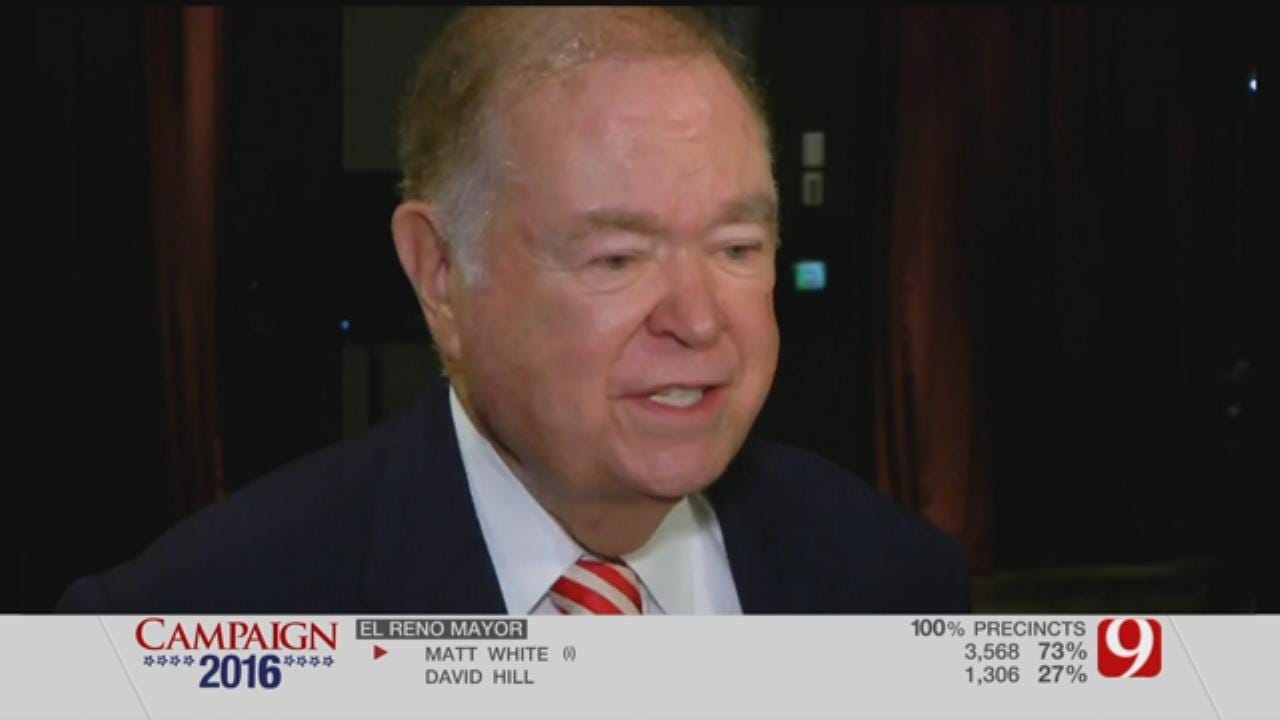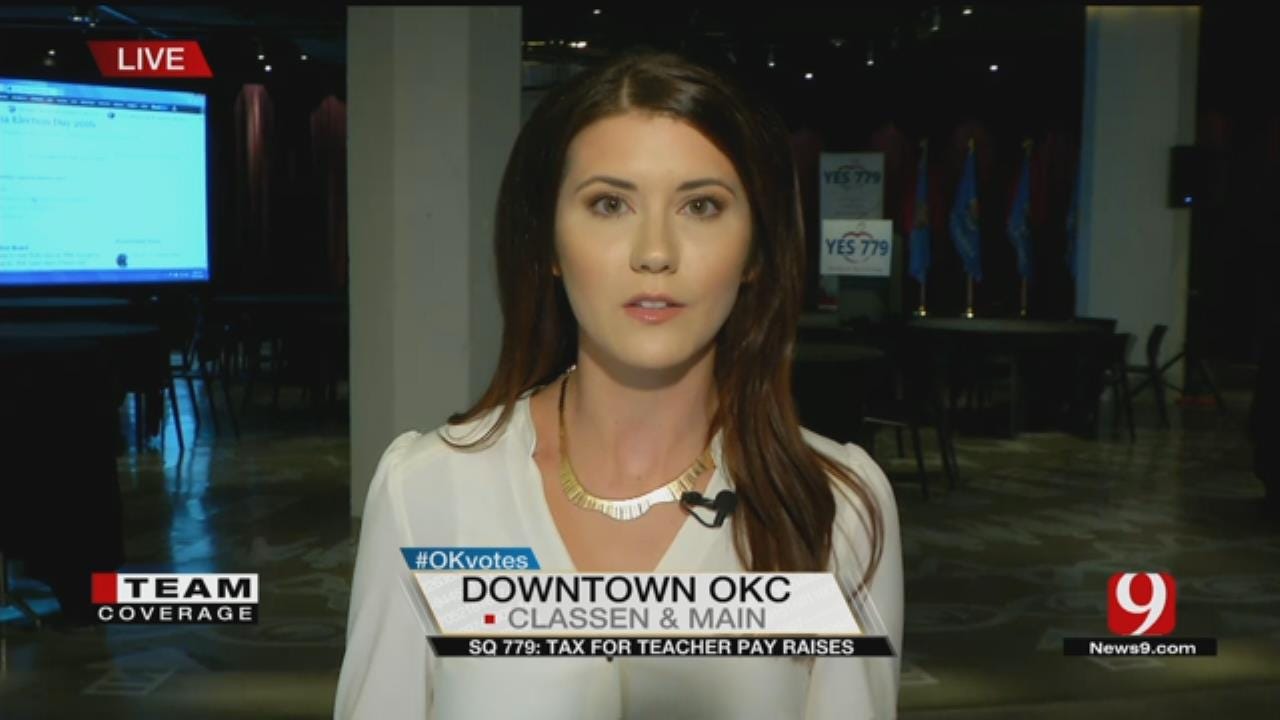Oklahomans Vote Down Penny Sales Tax Measure For Education Funding
<p>Oklahomans are turning out in record numbers to vote in the 2016 election cycle; especially with several key state questions on the ballot. One of the most controversial measures on the ballot is State Question 779, also known as the penny sales tax for education.</p>Tuesday, November 8th 2016, 5:21 pm
Oklahomans have voted down the penny sales tax measure for education funding.
State Question 779, also known as the penny sales tax for education, was voted down.
University of Oklahoma president David L. Boren, a leader of the initiative, spoke at a watch party conceding to the defeat and vowed to continue to find ways to raise revenue for education.
Boren released the following statement after his concession speech:
“While the results did not come back in our favor, we’ve succeeded in starting a conversation across Oklahoma about education and the need for adequate funding. We won’t stop fighting to keep great teachers in the classroom. We won’t stop fighting to improve funding for our schools. We won't stop fighting for our children. Our work is not done. We will continue to work on improving education in the state of Oklahoma. Our legislators should not rest until they come up with a plan to sufficiently invest in the next generation of Oklahomans.”
State Superintendent Joy Hofmeister released a statement after defeat was announced:
“Until we are prepared to take bold action on behalf of public education, we will continue to suffer the consequences, as a greater and greater number of teachers leave the state or exit the profession altogether. I believe Oklahomans support teachers, but they did not want to relieve the Legislature of its responsibility. I will be back before state lawmakers this next legislative session, fighting for kids and a regionally competitive wage for teachers – one that reflects their work as highly trained professionals who change the lives of nearly 700,000 students every day.”
What most voters know about SQ 779 is that it would ensure teachers in the state receive at least a $5,000 pay raise.
Experts believe the sales tax would raise more than $600 million per year for education funding, and would break down as follows:
- 19.25 percent would go to colleges
- 3.25 percent for the Oklahoma Department of Career and Technology Education
- 8.00 percent for the State Department of Education
- 69.5 percent for common school districts.
Opponents though worry about how politicians will use the leftover money generated from the tax. The one-cent increase will also continue to make Oklahoma (ranked 6th in 2015) even higher up the list as one of the highest-taxed states in the country.
More Like This
November 8th, 2016
November 13th, 2024
October 28th, 2024
October 17th, 2024
Top Headlines
January 7th, 2025
January 7th, 2025
January 6th, 2025











